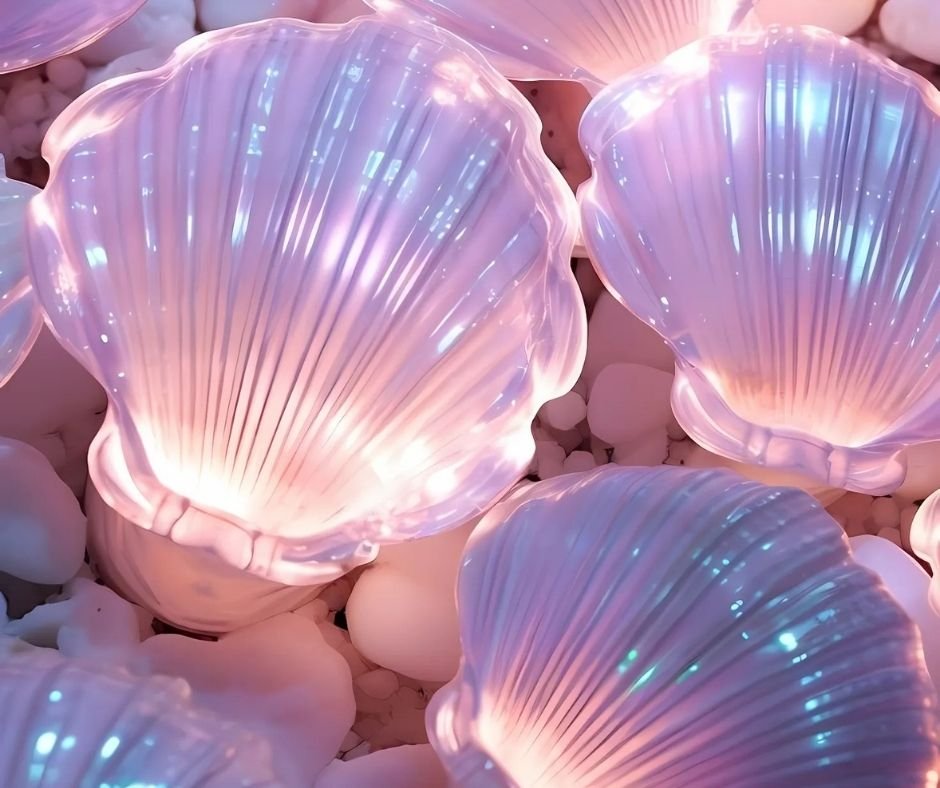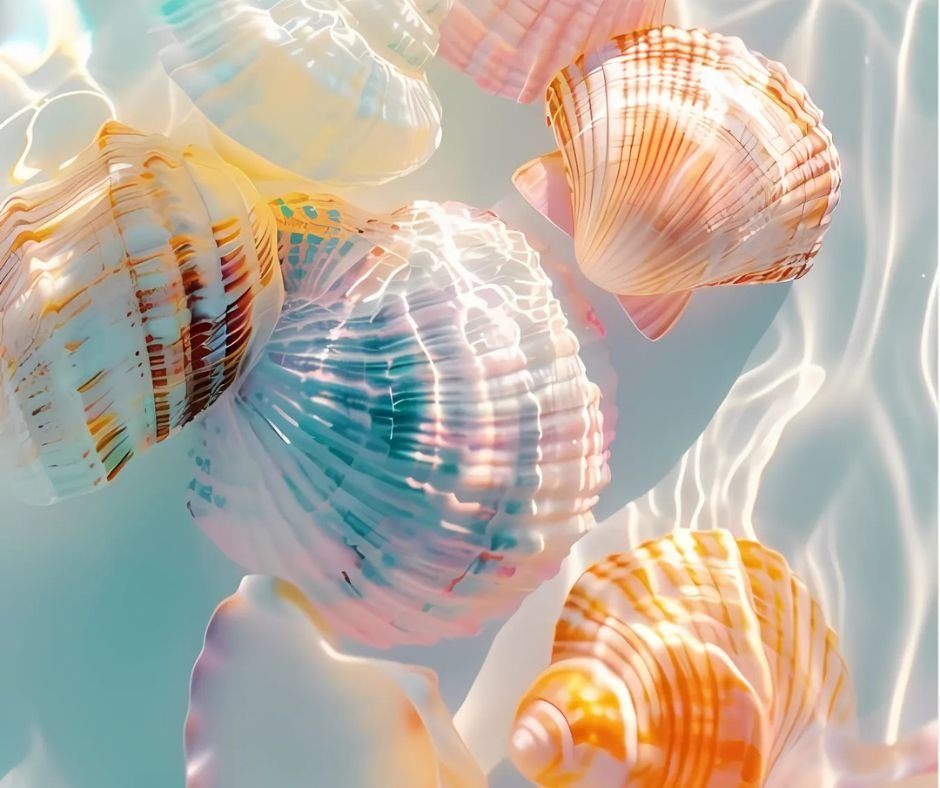Why Funerals Matter: Healing the Heart with Ritual and Meaning
In our fast-paced world, there's often pressure to "move on" quickly after a death, to get "back to normal" as soon as possible. But what if this rush past grief is exactly what prevents us from healing? What if the ancient wisdom of funeral rituals holds something vital for our modern hearts?
The Hidden Power of Funerals
A funeral isn't just an event to mark a death – it's a bridge between worlds. It's where we begin to transform our relationship with someone from physical presence to memory and legacy. I've witnessed hundreds of ceremonies, and each one teaches me something new about the profound importance of taking time to honor endings.
Last year, I worked with a family who initially wanted to "keep things simple" – maybe just scatter the ashes and be done. But as we talked about their father's life – his love of gardening, his horrible dad jokes, his secret acts of kindness – they began to see the value in creating a ceremony that truly reflected him. The funeral became a garden party, where everyone planted seeds in small pots to take home, shared their favorite dad jokes, and learned about the quiet ways he had helped others. Months later, they told me how those growing plants and shared stories helped them process their grief in ways they hadn't expected. We can transfer our love, we can find ways to keep growing it, even after death.
Why Rituals Matter
Rituals serve multiple purposes in our grieving process:
They Make the Intangible Tangible
Give shape to our invisible emotions
Create a container for overwhelming feelings
Provide structure when everything feels chaotic
Mark important transitions and changes
They Connect Us to Community
Remind us we're not alone in our grief
Allow others to show their support
Create shared memories and experiences
Build networks of ongoing support
They Honor Both Life and Death
Celebrate the uniqueness of each life
Acknowledge the reality of our loss
Create space for both joy and sorrow
Mark important transitions
Creating Meaningful Ceremonies
Whether traditional or innovative, the most healing ceremonies share certain elements:
Personal Authenticity
A ceremony should reflect the person who died. This might mean including their favorite music, incorporating their hobbies or passions, or highlighting their values and beliefs.
Participatory Elements
When people actively participate, they feel more connected to the experience. This could involve:
Sharing memories
Contributing to a memorial display
Participating in a symbolic action
Creating something together
Space for All Emotions
A good ceremony makes room for whatever people are feeling – tears and laughter, anger and gratitude, confusion and peace. There's no "right" way to feel when grieving.
Beyond Traditional Funerals
Modern funerals don't have to follow conventional patterns. I've helped families create:
Living memorials before death
Nature-based ceremonies
Art-making rituals
Story-sharing circles
Community meals with meaning
The key is finding what resonates with your family's values and the spirit of your loved one.
The Psychology of Ceremony
Research consistently shows that meaningful rituals help us process grief. They:
Reduce anxiety about death
Create continuing bonds with the deceased
Help us make meaning of our loss
Provide touchstones for memory
Support healthy grieving
Creating Your Own Ritual
Whether you're planning a funeral or supporting others, consider these elements:
Elements of Meaningful Ceremonies:
Symbols that matter to you
Stories and memories
Music or silence
Physical actions or movements
Objects of significance
Natural elements
Community participation
Questions to Consider:
What would truly honor this person?
What helps the family feel connected?
What traditions feel meaningful?
What new elements might add depth?
The Ongoing Journey
Remember that while a funeral marks an important moment, it's not the end of our grieving journey. Good ceremonies give us tools and memories we can carry forward, helping us navigate our ongoing relationship with loss and remembrance.
A Personal Invitation
Whether you're facing the loss of a loved one or helping others plan meaningful ceremonies, remember that there's no "right" way to do this. The most healing rituals are those that feel authentic to you and your loved ones.






